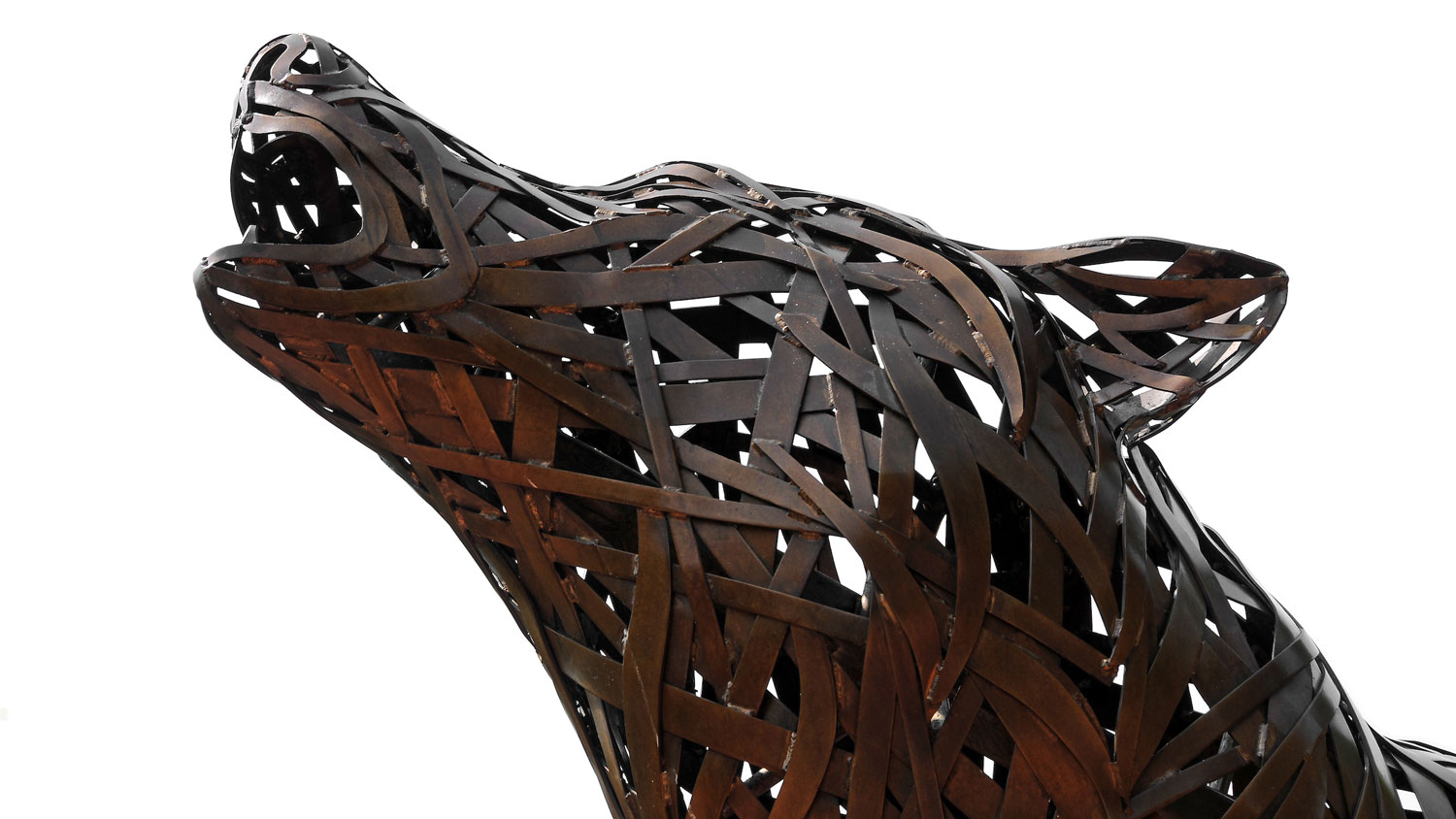Doctoral Student Eric Hall Wins Honorable Mention in Prestigious Scientific and Technological Achievement Awards from the Environmental Protection Agency

A paper authored by Eric Hall, a doctoral student in the NC State College of Education’s Ph.D. in Learning and Teaching in STEM engineering and technology education program area of study, has been awarded an honorable mention from the Environmental Protection Agency’s 2021 Scientific and Technological Achievement Awards.
The EPA’s Scientific and Technological Achievement Awards recognizes the outstanding scientific and technical work of EPA employees published in peer-reviewed literature. Hall, who works full time as a physical scientist for the EPA, received the award for his paper “Comparison of Five Modeling Approaches to Quantify and Estimate the Effect of Clouds on Radiation Amplification Factor.”
“This award is the most prestigious award that is given for scientific and technical accomplishments in the U.S. Environmental Protection Agency,” Hall said. “An external panel reviews the submissions, based on stringent criteria, and makes the award selections. I am honored, as an STAA award is very difficult to obtain.”
Hall’s paper stems from his work as the principal investigator on the EPA’s UV Radiation Monitoring Program and shares data collected over the life of the program that examines the radiation amplification factor (RAF), which affects sunburn on human skin, and the impact clouds have on RAF.
As a Ph.D. student in the College of Education, Hall is focusing his research on factors that influence the problem-solving capability of undergraduate mathematics and engineering students, which, he says, will help us to strengthen the problem-solving effectiveness of future STEM practitioners.
“NC State’s College of Education has demanding professors who are knowledgeable and care about their students’ development as scholars and leaders,” he said. “My Ph.D. program is providing me with the knowledge and skill required to develop a unique research focus based on my analysis and understanding of the scientific literature.”
This post was originally published in College of Education News.
- Categories: